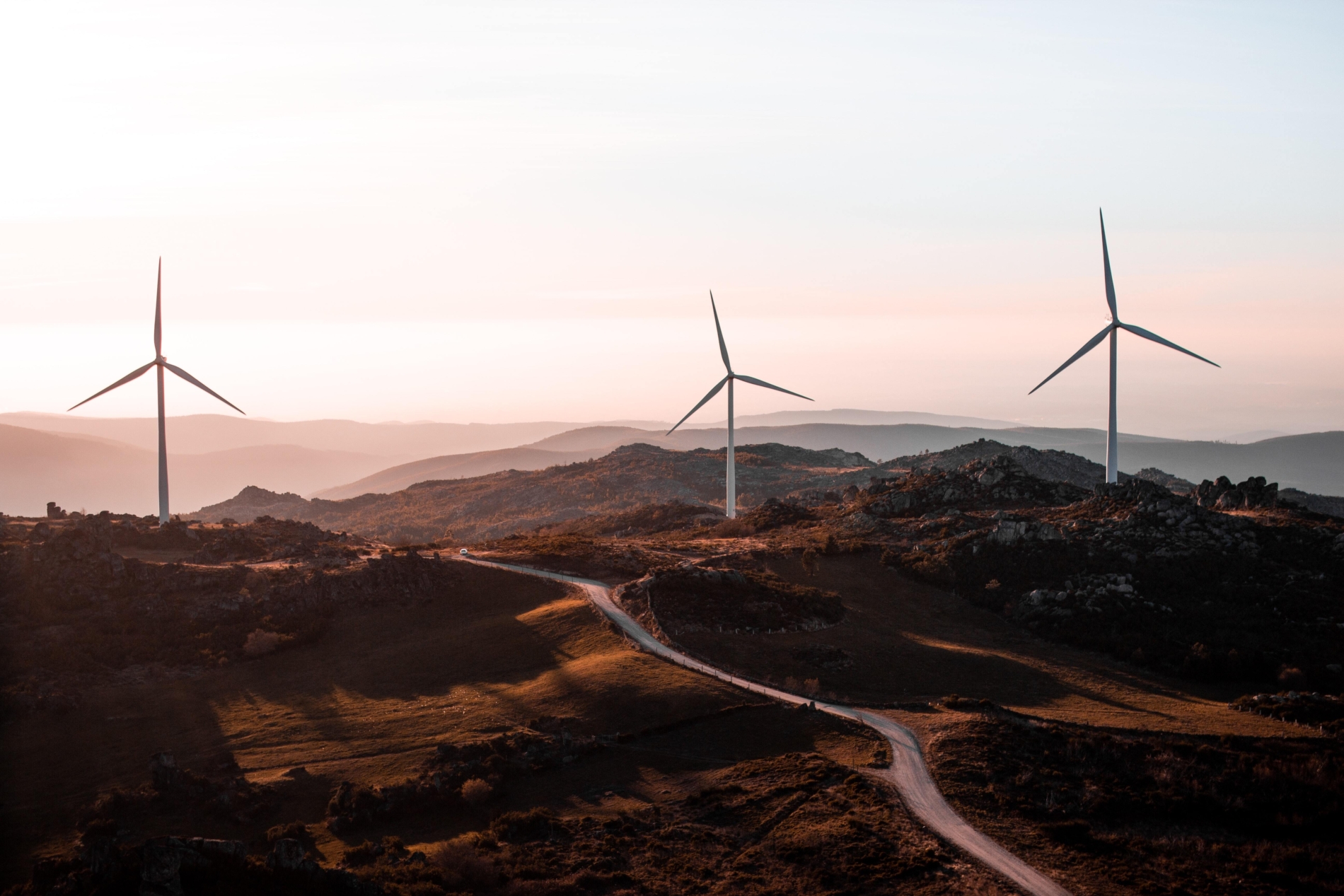Norway has begun mineral prospecting on the seabed. Minerals may become our most important contribution to the green shift.
That is the theme of this week’s Kystpuls podcast, with guests Steinar Løve Ellefmo from NTNU – Norwegian University of Science and Technology, Jan-Gunnar Winther from Centre for the Ocean and the Arctic, and Nina Jensen from REV Ocean.
“If we believe in the green shift, we need minerals”
Minerals and metals that are currently scarce resources can be found at the bottom of the sea – and within Norwegian areas. Previous surveys show that the mineral deposits on the Norwegian shelf could be worth a billion (1012) NOK. They could have huge significance for a green shift.
“We want to move toward energy production that is better for the environment and emits less carbon,” says Steinar Løve Ellefmo, from NTNU, who is an expert on seabed minerals. “That means more wind, hydroelectric, and solar energy, and generating power from all those sources requires metals. The metals we need – such as copper and cobalt – can be found in minerals that are currently in high demand.”
Norway’s reputation and climate conundrum
Norwegian mineral deposits may have global importance. Future export of minerals could increase the credibility of Norway’s climate policy, simultaneously helping achieve the necessary restructuring.
“Internationally, Norway has a good reputation despite growing focus on the country’s tricky dilemma of producing oil, and thus contributing to climate change, while simultaneously striving to limit global warming,” says Jan-Gunnar Winther, former climate researcher and current director of Centre for the Oceans and the Arctic.
“This contradiction will have growing impact on Norway’s reputation, and on how the international community sees us,” he continues.
According to Winther, Norwegian mineral extraction could mean that Norway is seen as an important contributor in the global fight against climate change.
“Mineral extraction is closely linked to climate. We will not achieve the goals of the Paris Agreement without harnessing renewable energy sources like sun and wind. From the perspective of the international mineral trade, Norway is well situated to emerge as a solid, dependable, attractive partner. But it is imperative that the minerals be extracted in a sustainable way. Norway must demonstrate a high degree of responsibility in resource utilisation, and ensure that negative effects for nature and society are outweighed by beneficial effects,” he concludes.
“First we need knowledge”
Extraction of minerals from the Norwegian seabed is still only just beginning. The Norwegian Petroleum Directorate and other research entities have begun surveying the resources in our seas. In 2019, the Parliament passed a Seabed Minerals Act that opens up for future exploration and production.
“In the first phase, it’s exceedingly important that we gather enough knowledge,” says Nina Jensen, director of REV Ocean.
“The seabed supports ecosystems that have evolved over millions of years,” she says. “We must respect them and not destroy everything in just a couple years or decades of our time. Without a firm knowledge foundation, we risk losing species and ecosystem functions that are extremely valuable for the ocean in general, but also for human health in the future.”
Jensen doesn’t want to close the door on the intriguing possibilities offered by seabed minerals, but considers it important to avoid repeating previous mistakes.
“If we rush into this without adequate knowledge we could end up with a new ‘climate crisis’ – just a different crisis this time”, she says. “Besides that, I worry that the green shift might be used as a pretext to start mineral extraction. Much of what we want to extract can also be used in things that aren’t necessary for restructuring the energy sector, things we need only to maintain a lifestyle that is far from sustainable.”
Little media attention
Kystpuls is produced in collaboration with Både Og, and is a dissemination initiative from Centre for the Ocean and the Arctic. Advisor Ida Folkestad Soltvedt leads the project and is a presenter on the podcast. She feels seabed minerals deserve a bigger share of the public discourse.
“The topic of seabed minerals is broad and important, but gets surprisingly little media attention. In this episode, we want to outline a few possible developments and issues that are highly relevant for society, and hopefully also spread knowledge and stimulate debate,” says Soltvedt.
The podcast (in Norwegian) is available here: https://pod.space/kystpuls/er-mineraler-pa-havbunnen-et-nytt-industrieventyr

